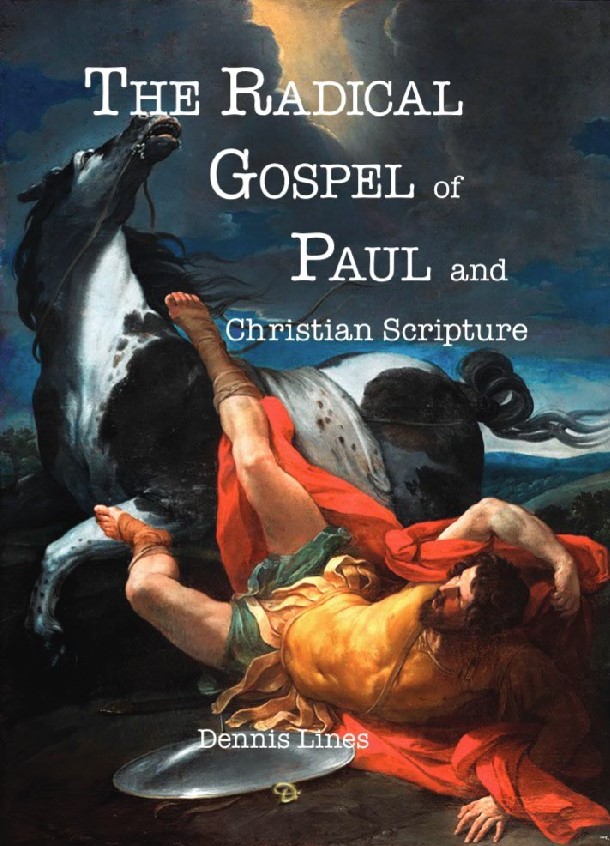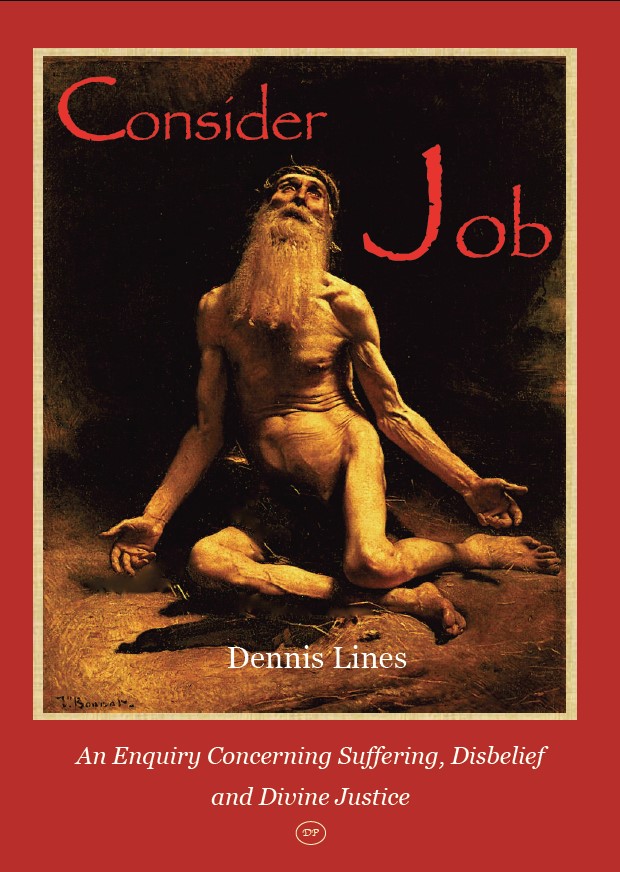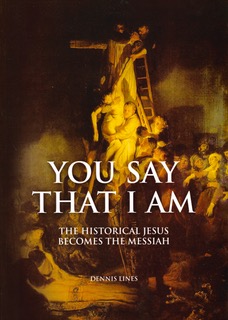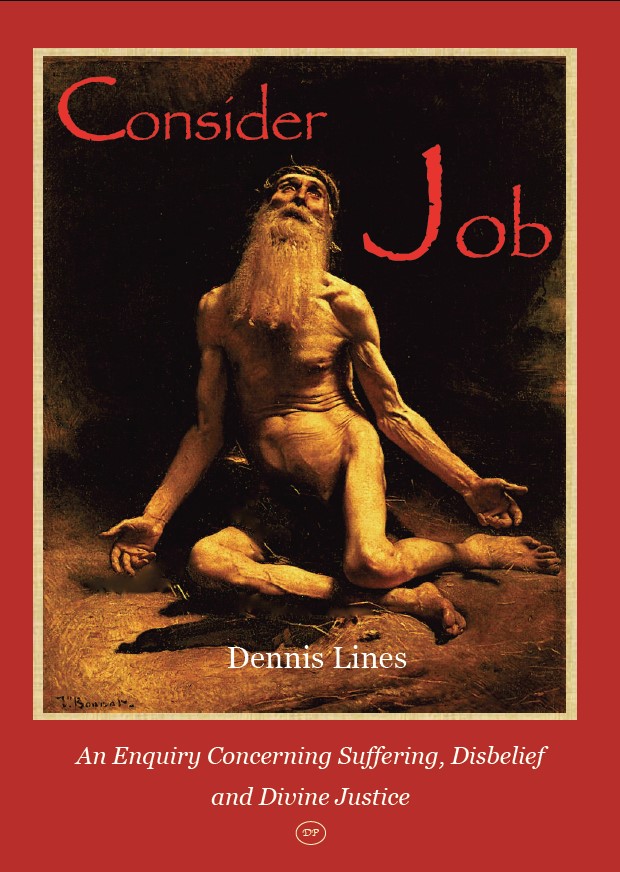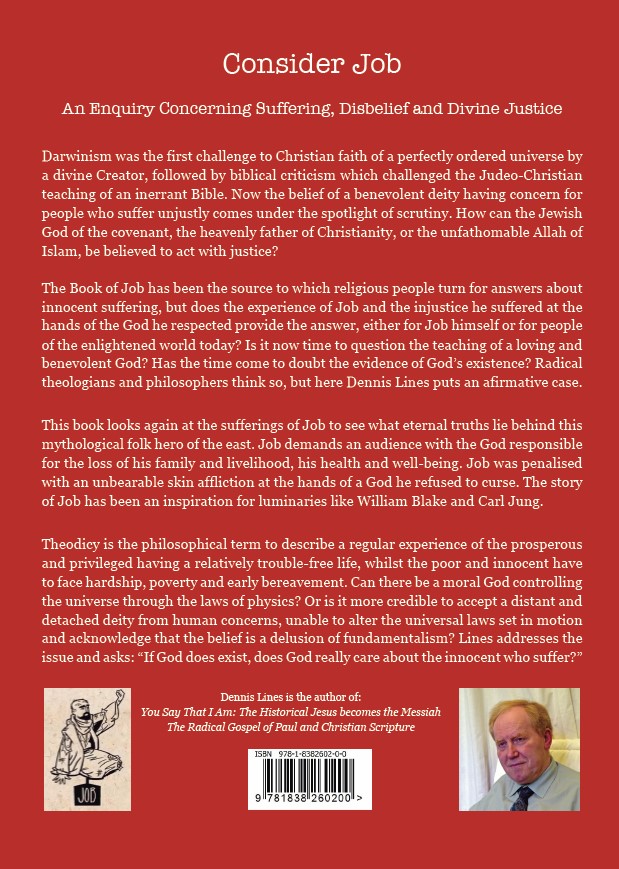Four Canonical Gospels
The most detailed records of the existence of Jesus, however, remain the four canonical Gospels which open the Christian New Testament. But these accounts were written between 30 and 70 years after the period of Jesus‘ life, they were written in Greek, not in Aramaic, the native tongue of upper Galilee, they were not personally present as eyewitnesses. They have many minor contradictions, having been copied by scribes throughout the first three centuries to the Codex Sinaiticus and Codex Valentinus—the most substantial early complete copies of the New Testament.

You Say That I Am examines the tangible historical evidence of the life and mission of Jesus, his central message as a rural Jewish Rabbi, and his credentials as a faith healer, against the claims of him as having performed miracles and personally appeared alive again after being crucified and buried in a tomb. The book summarises the critical scholarship to date of the evidence from archaeology and textual criticism for the central and reliable core of historicity underlying the early oral source traditions.

